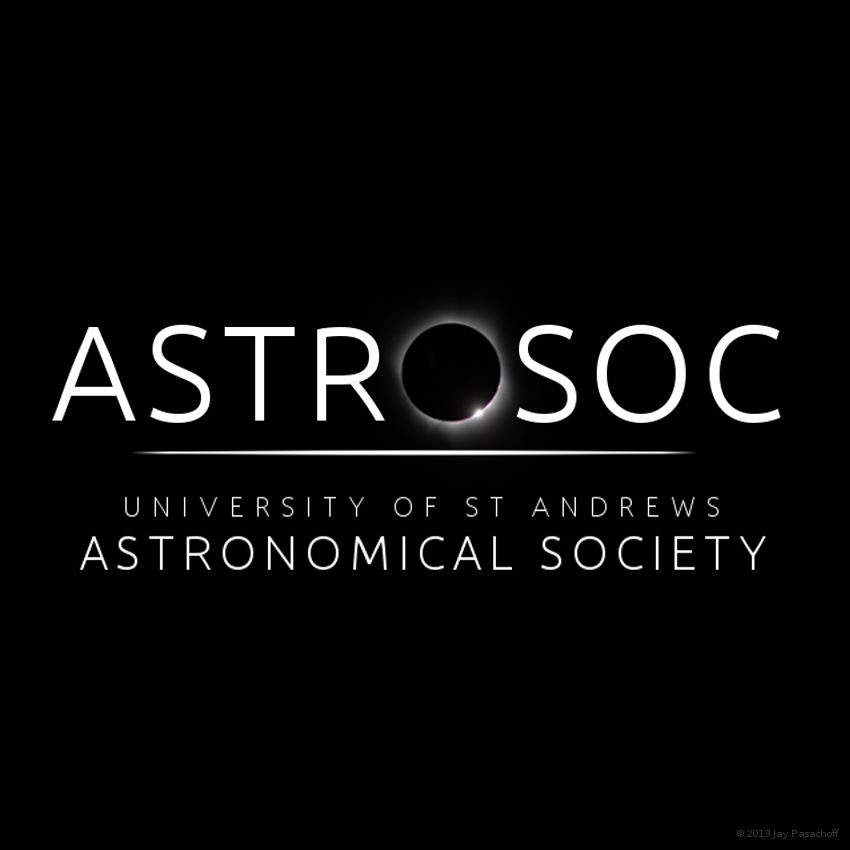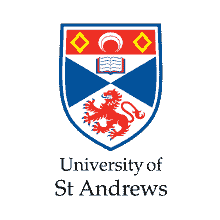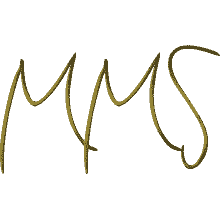Optical Event Horizons & The Relation Between General Relativity and Quantum Physics
Maxime Jaquet
Part 2 - Accessible to honors students, all welcome.
In 1974, against all expectations, Stephen Hawking showed that black holes actually emit radiation. According to Einstein’s Theory of General Relativity, black holes are cosmic objects so dense that nothing should escape from them. Anything, even light, that crosses the event horizon – the boundary of the black hole – is doomed to fall upon the black hole’s central singularity. Hawking investigated the fate of pairs of particles and antiparticles that are constantly coming to life and annihilating, an effect known as quantum fluctuations of the vacuum, at the horizon. He discovered that the horizon can separate them so that the antiparticle (partner) falls on the black hole and the particle (Hawking radiation) escapes it: a quantum effect lets black holes radiate. However the effect of Hawking radiation is so feeble that the universe’s own thermal glow, the Cosmic Microwave Background, hides it from us. Yet, it would be essential to observe Hawking radiation to better understand black holes and how a quantum effect on the scale of black holes influences the repartition of mass on the scale of the universe – a milestone towards a unified theory of everything. We will begin this series of seminars with some basic considerations on General Relativity, before turning to black holes and introducing the phenomenon of Hawking radiation. Having gained intuition on the behaviour of waves in the vicinity of the event horizon, we will show how the motion of fluids can be made to reproduce this physics. From waterfalls and water flows from a kitchen-tap to Bose-Einstein condensates, we will review the various analogue gravity systems that have been proposed to observe Hawking radiation. In particular, we will focus on optical event horizons and the experiment we are conducting here in St Andrews to uncover the physics of radiation from the vacuum. Together, we will explore works that shall pave the way to the observation of light spontaneously emitted from nothing, a quantum feature of the science of black hole horizons and their laboratory analogues. It will be the first thorough verification of Hawking’s theory and shall provide insight on the relation between General Relativity and Quantum Physics.
Duration: 1 hour
Host: PhySoc














